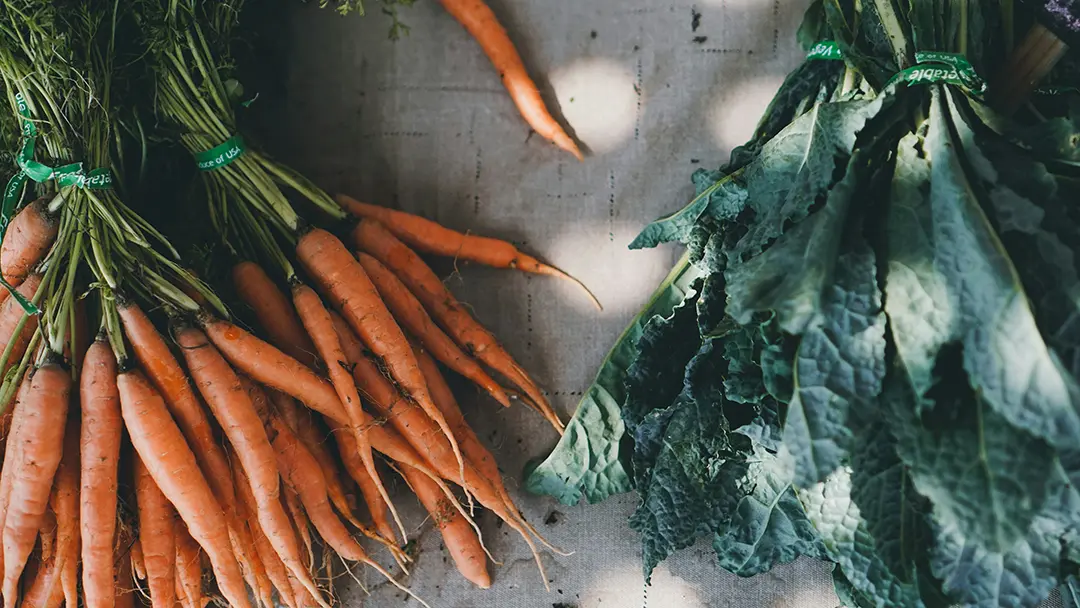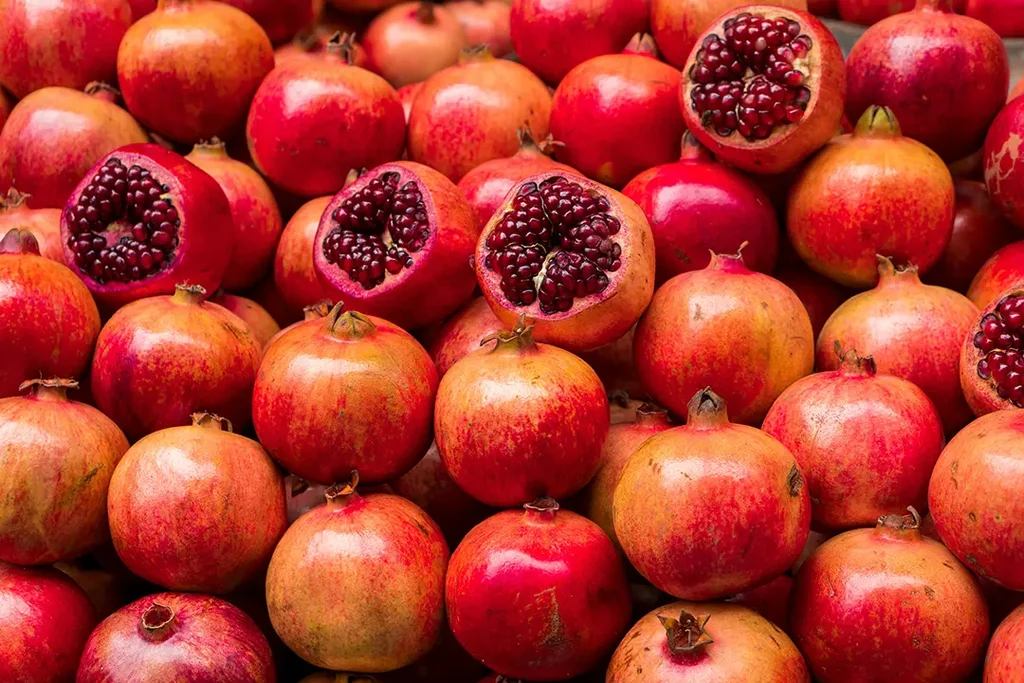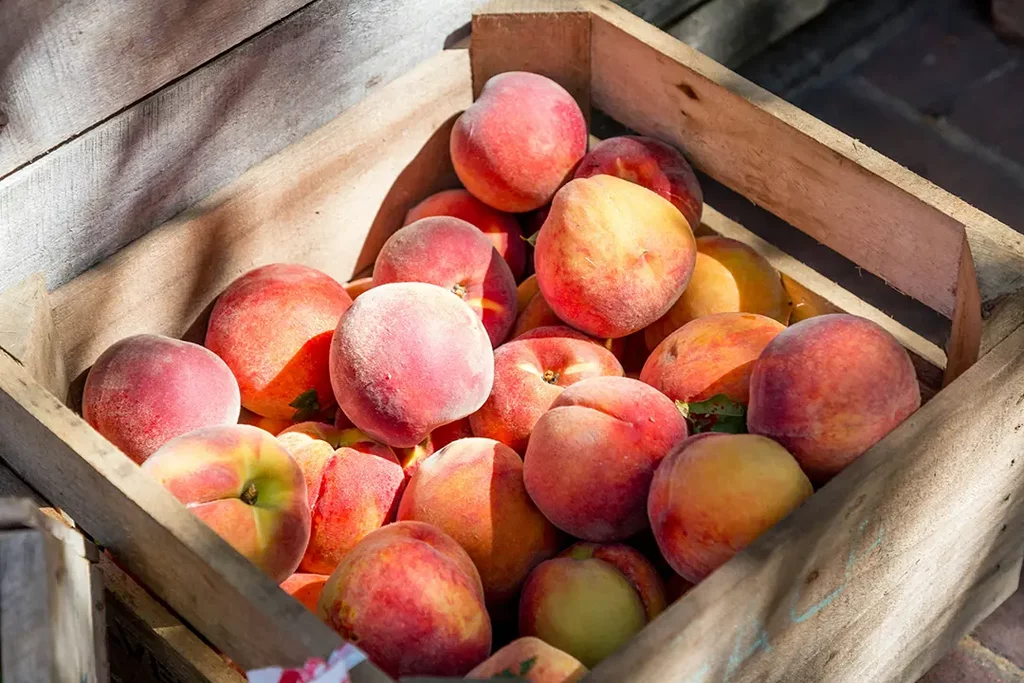
Organic farming in the EU follows strict principles to ensure sustainable, environmentally friendly practices. Key aspects include sustainability, prohibition of GMOs, biodiversity, soil fertility, and animal welfare. Regulation (EU) 2018/848 sets clear rules for production, processing, distribution, and labelling to maintain high organic standards.
Organic farming in the European Union (EU) is more than just a method of food production; it’s a commitment to sustainable and environmentally friendly agricultural practices. Governed by strict regulations, including the comprehensive Regulation (EU) 2018/848, organic farming aims to maintain high standards across all member states, ensuring that products labelled as “organic” adhere to consistent quality and ethical guidelines.
Understanding these standards is crucial for both consumers and producers. For consumers, it guarantees that the products they purchase are genuinely organic, produced without synthetic chemicals or genetically modified organisms (GMOs). For producers, adhering to these standards opens up market opportunities and builds consumer trust.
In this article, we delve into the five key principles of organic farming in the EU:
Each principle plays a vital role in shaping the landscape of organic farming within the EU, contributing to a healthier environment and sustainable agricultural practices.
Knowing what “organic” means is important for both producers and consumers. The EU organic regulations provide clear guidelines to make sure that products are truly organic. Organic farming in the EU has certain principles, such as not using synthetic substances, banning genetically modified organisms (GMOs), and prioritizing animal welfare.
Regulation (EU) 2018/848 is crucial in maintaining uniformity and quality across all EU countries. This regulation sets out specific rules for organic:
The key aspects of this regulation include:
To ensure compliance, the regulation also introduces control systems such as annual inspections and certification processes. By following these guidelines, producers can use the EU organic logo on their products, indicating that they meet strict organic standards.
The goal is to build trust among consumers and guarantee that organic products maintain high-quality standards throughout the EU. Regulation (EU) 2018/848 ensures consistency, transparency, and verifiability of organic farming methods across all member states, promoting a unified approach to sustainable agriculture.

Sustainability is the core principle of organic farming, which is based on a deep respect for natural processes. Organic farmers in the EU prioritize using natural substances instead of synthetic alternatives. This approach not only maintains soil health but also ensures long-term productivity.
By integrating these sustainable methods, organic farming contributes to preserving the environment while producing high-quality food.
One of the key principles that defines organic farming in the EU is the strict limitation on the use of genetically modified organisms (GMOs). According to Regulation (EU) 2018/848, GMOs are explicitly prohibited in organic farming. This means that crops and livestock must have a natural genetic makeup, without any modifications. This ban reflects a commitment to sustainability and reducing environmental impact.
Organic farming also prohibits the use of synthetic fertilizers and pesticides. Instead, farmers are required to use natural alternatives such as compost, green manure, and biological pest control methods. These practices not only promote soil health and biodiversity but also minimize chemical runoff into water bodies. By following these guidelines, organic farming contributes to a sustainable agricultural ecosystem that prioritizes long-term environmental health over immediate yield increases.
By understanding these prohibitions, consumers can better appreciate the strict standards behind organic labels, which in turn strengthens their trust in the products they choose.
Biodiversity is essential for maintaining healthy ecosystems on organic farms. By supporting a wide range of plant and animal species, organic farming creates resilient agricultural systems that can resist pests and diseases.
These practices ensure organic farms contribute positively to regional ecological balance while promoting sustainability and minimising environmental impact.

Soil fertility is a cornerstone of organic farming. Techniques such as composting and cover cropping play pivotal roles in enhancing the health of the soil.
Composting involves recycling organic matter to create nutrient-rich compost, which improves soil structure and fosters microbial activity.
Cover cropping, on the other hand, utilises plants like clover or vetch during off-seasons to protect soil from erosion, fix nitrogen, and add organic matter back into the earth.
High water quality standards are equally critical. Organic farming employs methods like buffer zones around water bodies to prevent contamination from agricultural runoff.
These buffer zones act as natural filters, trapping sediments and nutrients before they reach streams or lakes, thus preserving aquatic ecosystems and maintaining environmental sustainability.
By focusing on these practices, organic farming aligns with EU regulations aimed at reducing environmental impact while promoting sustainable agriculture.
Ensuring animals raised under organic systems receive appropriate living conditions is paramount. Organic farming practices are designed to meet the species-specific needs of animals, fostering an environment where they can express natural behaviours.
Animals must have access to outdoor spaces and sufficient room to move freely. This reduces stress and promotes physical health.
Livestock are fed organic feed, free from synthetic additives and GMOs. This ensures a natural diet that supports their health and well-being.
The use of antibiotics is strictly limited, reserved only for necessary cases. Preventative measures focus on maintaining robust animal health through natural means.
By adhering to these standards, organic farming not only prioritises animal welfare but also contributes to the broader goals of sustainability and minimal environmental impact.
Achieving EU organic certification involves a structured process designed to ensure integrity and quality. This process comprises several critical steps:
Local control bodies play a pivotal role throughout this process. They not only conduct inspections but also provide ongoing oversight to ensure continuous adherence to organic standards. Regular audits and random checks are part of this oversight, ensuring that certified entities maintain the high standards required for organic certification.
This rigorous certification process helps maintain consumer trust in organic labels across the EU, ensuring that products meet stringent sustainability and quality criteria.
The range of products covered by EU regulations on organics is extensive, encompassing both agricultural produce and processed items. These regulations ensure that a wide variety of goods meet the stringent organic standards set by the EU.
The following agricultural products are covered under the EU regulations:
The following processed products are also included in the scope of EU regulations:
Specific rules govern these product categories. For instance, organic wine-making must avoid synthetic additives and adhere to natural fermentation processes. Similarly, chocolate production must ensure that ingredients like cocoa and sugar are sourced from certified organic farms.
This comprehensive approach ensures consistency in quality across all member states, providing consumers with a trustworthy organic label.
Recent regulatory updates within the European Union’s framework governing organics have significantly impacted the sector. Regulation (EU) 2018/848, a landmark update, has aimed at adapting existing policies to the evolving needs of organic farming while reinforcing control systems to prevent fraud within the supply chains of certified products across member states’ borders.
The new regulation also introduces a group certification system specifically catering to small-scale farmers. This system allows groups of farmers to pool resources for certification purposes, thereby reducing individual costs and administrative burdens.
Benefits for Small-Scale Farmers:
This innovative approach aims to make organic farming more accessible and sustainable for small agricultural enterprises throughout the EU.
According to EU standards is crucial for supporting sustainable agriculture. By choosing products certified under these rigorous guidelines, consumers contribute to a system that benefits both the environment and society. Look for the official EU organic logo on packaging to ensure adherence to these high standards. Supporting certified organic products means promoting healthier ecosystems, better animal welfare, and sustainable farming practices.

At Med.kitchen, our passion lies in crafting exceptional culinary experiences through our online platform. We specialise in sharing a wealth of knowledge via articles, recipes, courses, and online mentoring, aiming to inspire both novice and seasoned chefs alike. Our focus has shifted from private dining to being an online source of gastronomic inspiration, allowing you to explore and refine your culinary skills from the comfort of your home..